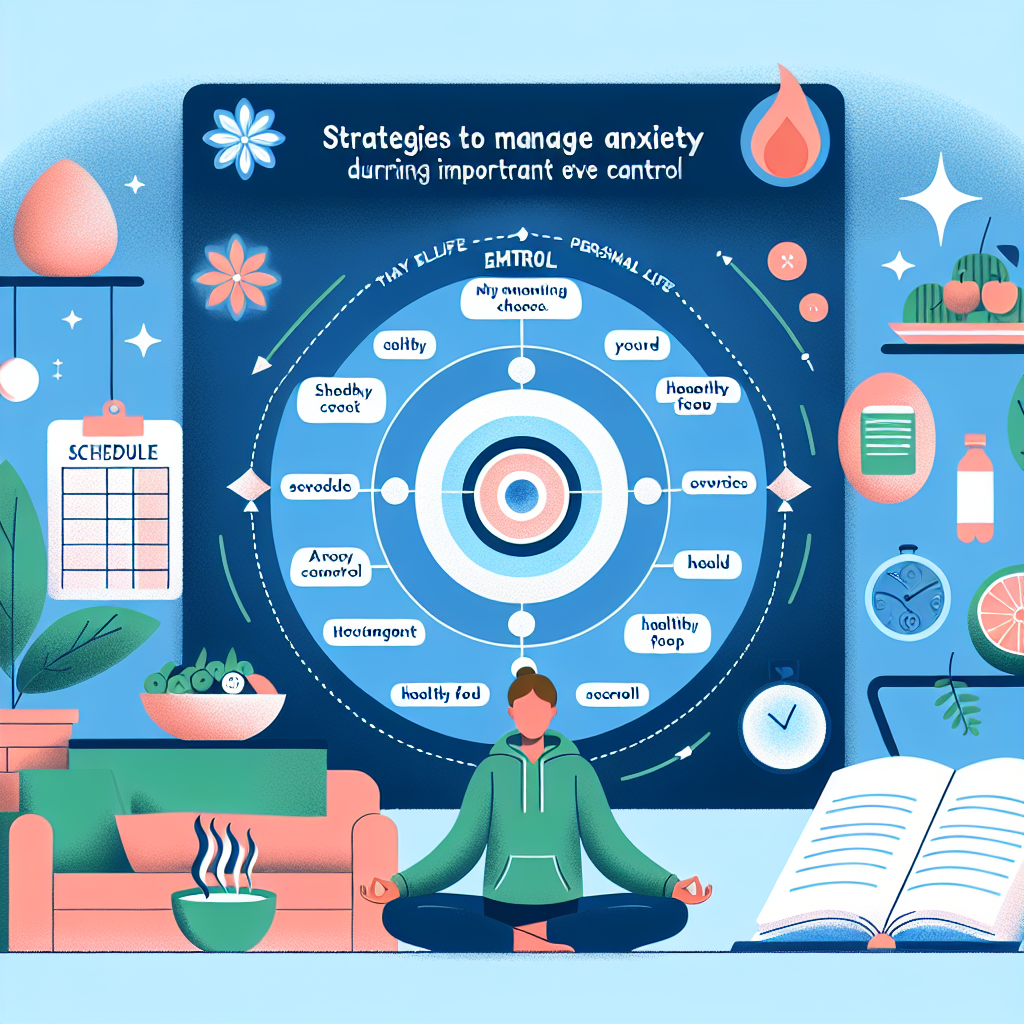Strategies to Manage Election Week Anxiety: Focus on What You Can Control
Election week can be a time of heightened anxiety and stress for many individuals. The uncertainty of outcomes, the constant media coverage, and the polarized political climate can contribute to feelings of helplessness and worry. However, focusing on what you can control can help mitigate these feelings and promote a sense of calm and empowerment. This article explores effective strategies to manage election week anxiety by concentrating on controllable aspects of your life.
Understanding Election Week Anxiety
Election week anxiety is a common phenomenon experienced by individuals across the political spectrum. According to a 2020 survey by the American Psychological Association, 68% of adults reported that the presidential election was a significant source of stress. This anxiety can manifest in various ways, including difficulty sleeping, irritability, and a sense of dread.
Recognizing the sources of this anxiety is the first step in managing it. The 24/7 news cycle, social media debates, and the uncertainty of election outcomes can all contribute to heightened stress levels. By understanding these triggers, individuals can take proactive steps to manage their anxiety effectively.
Strategies to Focus on What You Can Control
1. Limit Media Consumption
One of the most effective ways to manage election week anxiety is to limit your media consumption. Constant exposure to news updates and social media discussions can exacerbate feelings of stress and helplessness. Consider the following strategies:
- Set specific times to check the news, such as once in the morning and once in the evening.
- Unfollow or mute accounts that contribute to anxiety on social media platforms.
- Choose reliable news sources and avoid sensationalist media.
2. Engage in Mindfulness Practices
Mindfulness practices can help ground you in the present moment and reduce anxiety. Techniques such as meditation, deep breathing exercises, and yoga can promote relaxation and mental clarity. Research from Harvard Medical School suggests that mindfulness can significantly reduce stress and improve emotional well-being.
Consider incorporating mindfulness into your daily routine by setting aside time each day for meditation or deep breathing exercises. Even a few minutes of focused breathing can help calm your mind and body.
3. Stay Physically Active
Physical activity is a powerful tool for managing stress and anxiety. Exercise releases endorphins, which are natural mood lifters. Engaging in regular physical activity can help reduce tension and improve your overall sense of well-being.
Whether it’s a brisk walk, a run, or a yoga session, find an activity that you enjoy and make it a part of your routine. The Centers for Disease Control and Prevention (CDC) recommends at least 150 minutes of moderate-intensity aerobic activity per week for adults.
4. Connect with Supportive Communities
Social support is crucial during times of stress. Connecting with friends, family, or supportive communities can provide a sense of belonging and reassurance. Consider joining groups or forums that share your interests or values, where you can engage in positive and constructive discussions.
Virtual gatherings or phone calls with loved ones can also provide comfort and reduce feelings of isolation. Sharing your thoughts and feelings with others can help you process your emotions and gain perspective.
Conclusion
Election week anxiety is a common experience, but it doesn’t have to be overwhelming. By focusing on what you can control, such as limiting media consumption, engaging in mindfulness practices, staying physically active, and connecting with supportive communities, you can manage your anxiety effectively. These strategies not only help reduce stress but also empower you to navigate election week with resilience and calm. Remember, while you may not be able to control the election outcomes, you can control how you respond to them.



